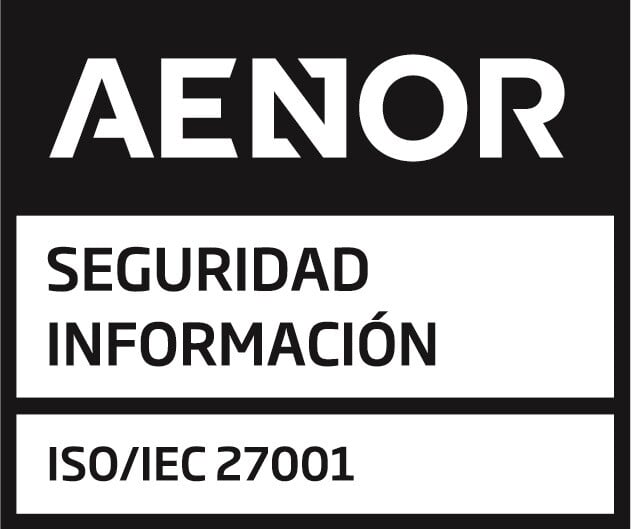As the renewable energy sector experiences rapid growth, companies find themselves managing portfolios that are expanding in both size and complexity. Whether you're overseeing solar farms, wind energy projects, or hydroelectric operations, juggling multiple technologies and regional deployments can quickly become overwhelming. The challenge is not only the sheer number of projects but the fact that they are all at different stages and statuses of development, making it difficult to prioritize urgent issues and stay on top of essential tasks.
A Complex Landscape of Projects.
In today's fast-paced environment, managing a diverse portfolio involves more than just tracking the number of assets. With projects spread across multiple regions and utilizing various technologies, such as wind, solar, geothermal, or biomass, the complexity is amplified. Each project may be in a different phase of development—ranging from early planning to construction to fully operational—which creates further challenges in ensuring timely execution and coordination.
This complexity often leads to inefficiencies, as project teams struggle to access and share the right data. With no single source of truth, key information about project timelines, costs, and performance becomes fragmented across different departments and systems, leading to missed opportunities and delayed decisions. Without a unified approach, renewable energy companies risk mismanaging their resources and losing the competitive edge needed in a dynamic marketplace.
The Importance of a Unified Source of Truth.
To operate effectively, businesses in the renewable energy sector need a consolidated, reliable source of information across their entire portfolio’s lifecycle. This is where advanced project management and data integration tools, like QBi, become crucial. By unifying project data from all phases and across all regions into a single, accessible platform, companies can ensure that teams are aligned, information is accurate, and priorities are clear.
The digitalization of renewable energy operations plays a critical role in achieving this. Learn more about how digital transformation is reshaping the renewable energy industry in our blog post on The Impact of Digitalization on Renewable Energy Businesses.
With QBi, renewable energy companies gain the ability to focus on the most critical issues, whether it’s troubleshooting a delayed wind farm construction, monitoring performance issues at a solar power plant, or preparing reports for investors. Instead of getting bogged down by an overwhelming number of tasks and data points, managers can zero in on the key priorities that will significantly impact the portfolio's success.
Streamlining Operations Across the Portfolio’s Lifecycle.
One of the most significant benefits of integrating a tool like QBi is the ability to streamline operations from project inception to completion. Whether dealing with regulatory compliance in different regions or optimizing resources during the operational phase, having a unified dashboard simplifies decision-making and reduces bottlenecks.
For example, a renewable energy company managing projects in both North America and Europe, with assets spanning solar, wind, and hydroelectric technologies, could benefit from QBi’s ability to centralize data. The platform enables teams to track performance, identify risks, and forecast potential issues before they escalate, all from one place.
Focusing on Key Priorities and Urgent Issues.
At the end of the day, what matters most for a renewable energy portfolio is timely and efficient decision-making. As portfolios grow in both size and diversity, it becomes critical to cut through the noise and focus on what truly matters. Advanced tools like QBi enable companies to identify their most urgent issues—whether it’s an upcoming compliance deadline, an equipment malfunction, or a funding shortfall—and tackle them head-on.
With the right tools and a unified approach, renewable energy companies can not only manage their growing portfolios but also thrive, staying ahead of the competition and pushing the world closer to a sustainable future.
